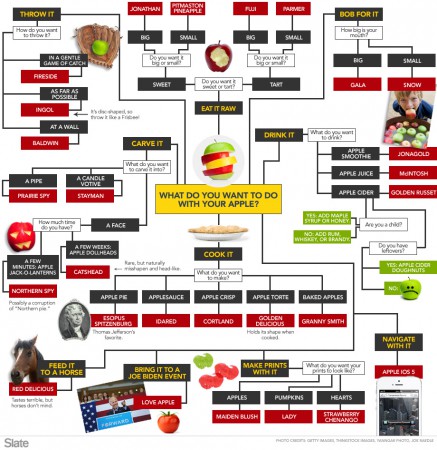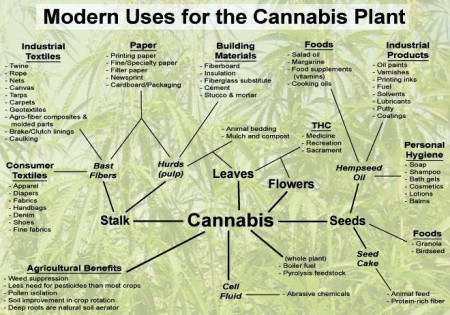- Diets of 2062 will be as unfamiliar to us as our diets are to our grandparents.
- What the Global Crop Diversity Trust did in 2011.
- Big time worm farming.
- Alberta dope cops lousy botanists.
Nibbles: Meta-blogging, NUS scholarships, Insects & plant diversity, Commons, Trees and diet, Thyme, ABS
- Why they blog. At the Agriculture and Ecosystems Blog Agriculture and Ecosystems Blog that is. Can’t help thinking that the media should perhaps be alerted.
- Scholarships available at the Crops for the Future Research Centre.
- Yes, ok EurekAlert!, we get it , insects are really important to plant diversity.
- Yes, ok policy wonks, we get it, it’s really useful to see plant genetic resources as global commons.
- More tree cover means more diverse diet in Africa.
- Thyme, gentlemen, please.
- FAO Commission on Genetic Resources for Food and Agriculture Ad Hoc Technical Working Group on Access and Benefit-sharing for Genetic Resources for Food and Agriculture debates, well, access and benefit-sharing for genetic resources for food and agriculture. In Svalbard, of all places.
Know your apples
You know that horrible feeling when you realize you’ve used the wrong apple variety? Well, you need never have it again, not with this handy new flowchart from Slate.
Now, if they could only do something similar for another important multi-purpose crop…
Nibbles: Ames genebank, G20 meet, European bison, Genomics training, Old words, Roadside Salvia
- Yet another USDA genebank in the news. This time it’s maize.
- G20 Agriculture vice-ministers recommend to “Support the development and promotion of a global information sharing system on plant and animal genetic resources.”
- Bison returns to Germany.
- Learn population genomics of crops and livestock.
- Ebony is a pretty old word.
- How Salvia got around.
A London botanical garden in trouble
It sounds as though the botanical garden of the South London Botanical Institute may be threatened by development. According to BGCI the garden has a particularly important collection of Rubus. The institute’s website mentions a Medicinal Border, Gerard’s Border, a Southern Hemisphere Area, and also that
British natives, ferns, scented plants, drought tolerant plants, monocots and unusual vegetables are also represented.
So some agricultural biodiversity is involved here, though I do not know to what extent the “unusual vegetables” and Rubus species, say, are to be found in other genebanks and botanical gardens. In any case, if you think losing this garden would be a bad idea, you can sign a petition. Fingers crossed.

